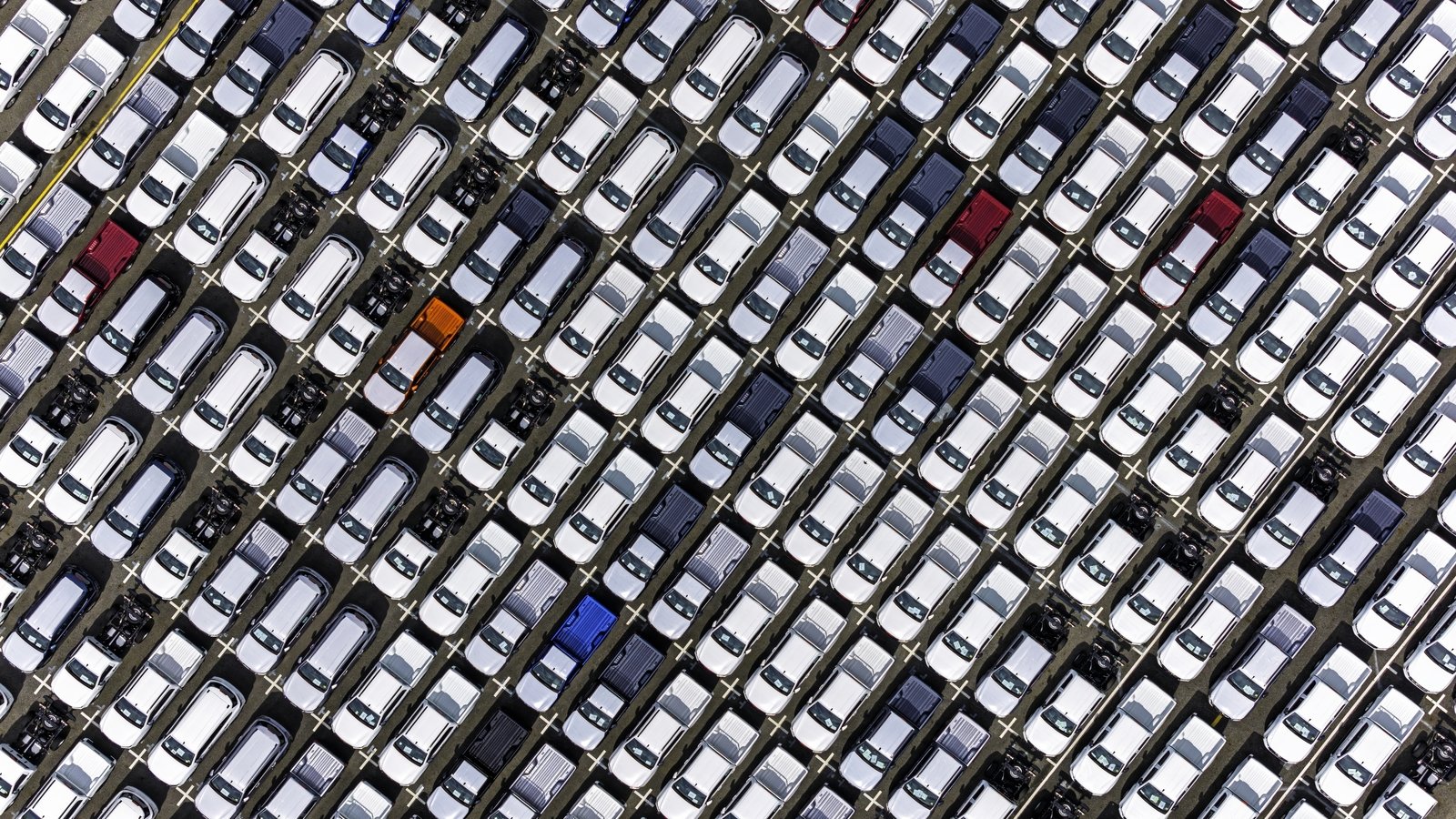New car sales in Europe rose 10.7% in September, driven by growth in almost all markets led by Germany and the UK, European Automobile Manufacturers’ Association data showed today.
Europe’s struggling car industry is grappling with multiple challenges, including high production costs, US import tariffs, a slower-than-expected transition to electric vehicles and the risk of supply disruptions stemming from a stand-off between China and the Netherlands over chipmaker Nexperia.
Carmakers have ramped up PHEV sales to comply with emissions standards by producing cars that are more affordable and profitable than pure EVs.
Sales in the European Union, Britain and the European Free Trade Association rose to 1.237 million cars in September, driven in part by the launch of new models, ACEA data showed.
Registrations at Volkswagen, Stellantis and Renault rose year-on-year by 9.7%, 11.5% and 15.2%, respectively.
Tesla’s sales dropped 10.5%, squeezing its market share to 3.2% from 4.0% a year ago. BYD’s sales raced 398% ahead to give it 2% of the market from 0.4% in September of 2024.
Total EU car sales rose 10%. Registrations of battery electric, plug-in hybrid and hybrid electric cars were up 20%, 65.4% and 15.9%, respectively, to account collectively for about 64% of the bloc’s registrations, up from 57% in September 2024.
Overall sales rose 12.8% in Germany, 13.7% in the UK, 16.4% in Spain, 4.2% in Italy and 1% in France.
“The battery-electric car market share held steady at 16.1% YTD, still below the pace required at this stage of the transition,” ACEA said.
Accreditation: Reuters
© RTÉ 2025. RTÉ.ie is the website of Raidió Teilifís Éireann, Ireland’s National Public Service Media. RTÉ is not responsible for the content of external internet sites.
Images Courtesy of Getty Images.












